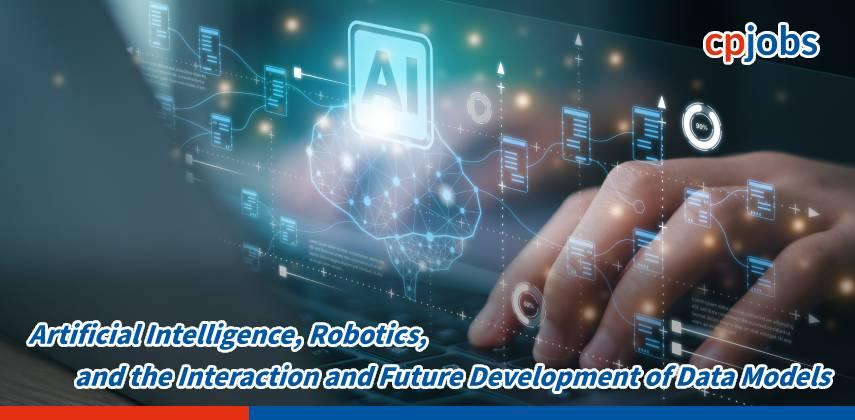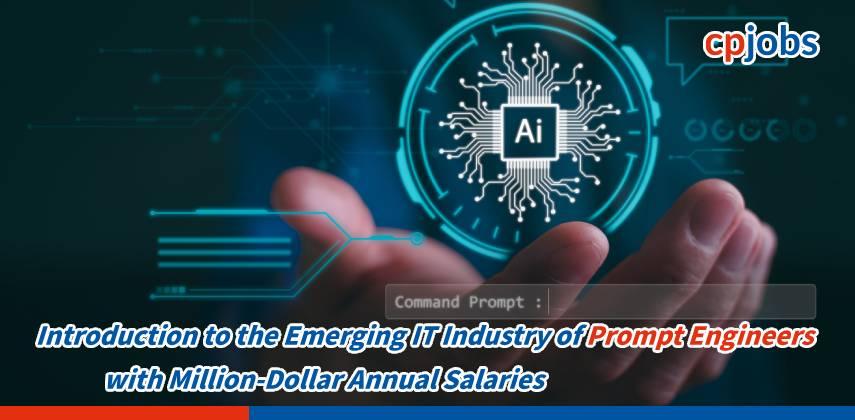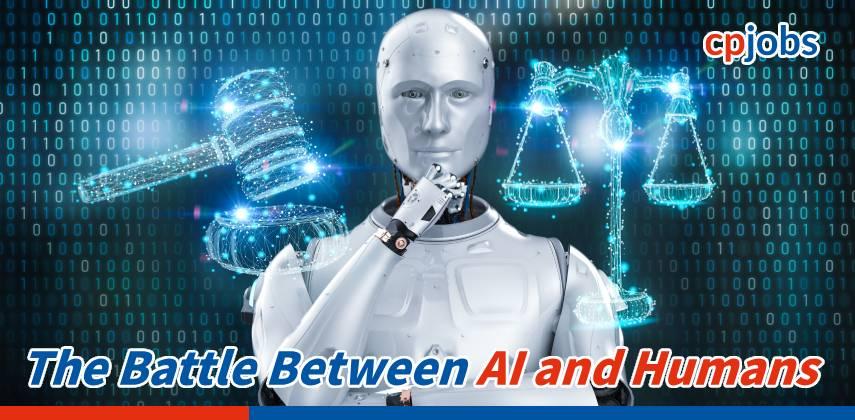Bill Gates once predicted that automation and artificial intelligence would change the nature of work, but he also pointed out that this would spark a demand for more valuable, creative, and human-centric jobs. IT is closely related to our daily lives, and as technologies such as artificial intelligence, the Internet of Things, and 5G networks rapidly advance, our perception of IT has also undergone drastic changes.
The pandemic has catalyzed a shift in work patterns, making remote work more common. Video conferencing and collaboration tools have become part of everyday work and have changed our perception of the office. According to the data from 2021, over 40% of IT professionals worldwide are working remotely, and this trend is likely to continue growing. IT professionals need to adapt to this new work environment and maintain high efficiency and collaboration. In the past, IT professionals were often seen as isolated technical experts, but now they are more involved in business decision-making and collaboration.
According to a survey in 2022, over 60% of IT professionals reported that they were involved in decision-making related to business goals. IT professionals not only need technical knowledge but also communication and leadership skills to better support business objectives. This shift reflects the critical role of IT in the modern business environment, and a company’s IT innovation capability has become an important indicator of competitiveness.
For example, e-commerce can use big data analysis to understand customer shopping habits and provide personalized product recommendations based on that data. Many products and devices have integrated elements of smartphones to enhance user experience, such as controlling lighting, heating, and security systems through smartphone applications.
If you are considering pursuing a career in IT, there are some important factors to consider. Firstly, IT requires a strong curiosity and a willingness to continuously learn. Technology is constantly changing, and IT professionals must stay updated to keep up with new developments. According to data from 2023, IT employees, on average, attend 30 hours of professional training each year to keep up with technological advancements.
Among the numerous fields in IT, each has its own merits. AI and machine learning can be used for autonomous driving, natural language processing, and intelligent robots. Data scientists and analysts will continue to use these technologies to process and analyze ever-growing big data. Predictive models and data insights will play a bigger role in business decision-making. Green IT solutions and sustainable technologies will play a role in addressing climate change, including energy efficiency and renewable energy management. Automation technology and robots will further transform workplaces, especially in production, logistics, and customer service fields.
Education and training have evolved to offer multiple learning methods. In addition to traditional colleges and courses, there are various online learning channels, such as self-paced programming courses and online learning communities. Readers can first explore the content through flexible self-learning methods before deciding on the next steps of their development.
I hope you start thinking about your life goals and interests. It is important to understand your passions and talents, and regardless of the profession you choose, continuous growth and pursuit of your interests will be key to achieving success and satisfaction. I hope you find a career you love and strive for it.






